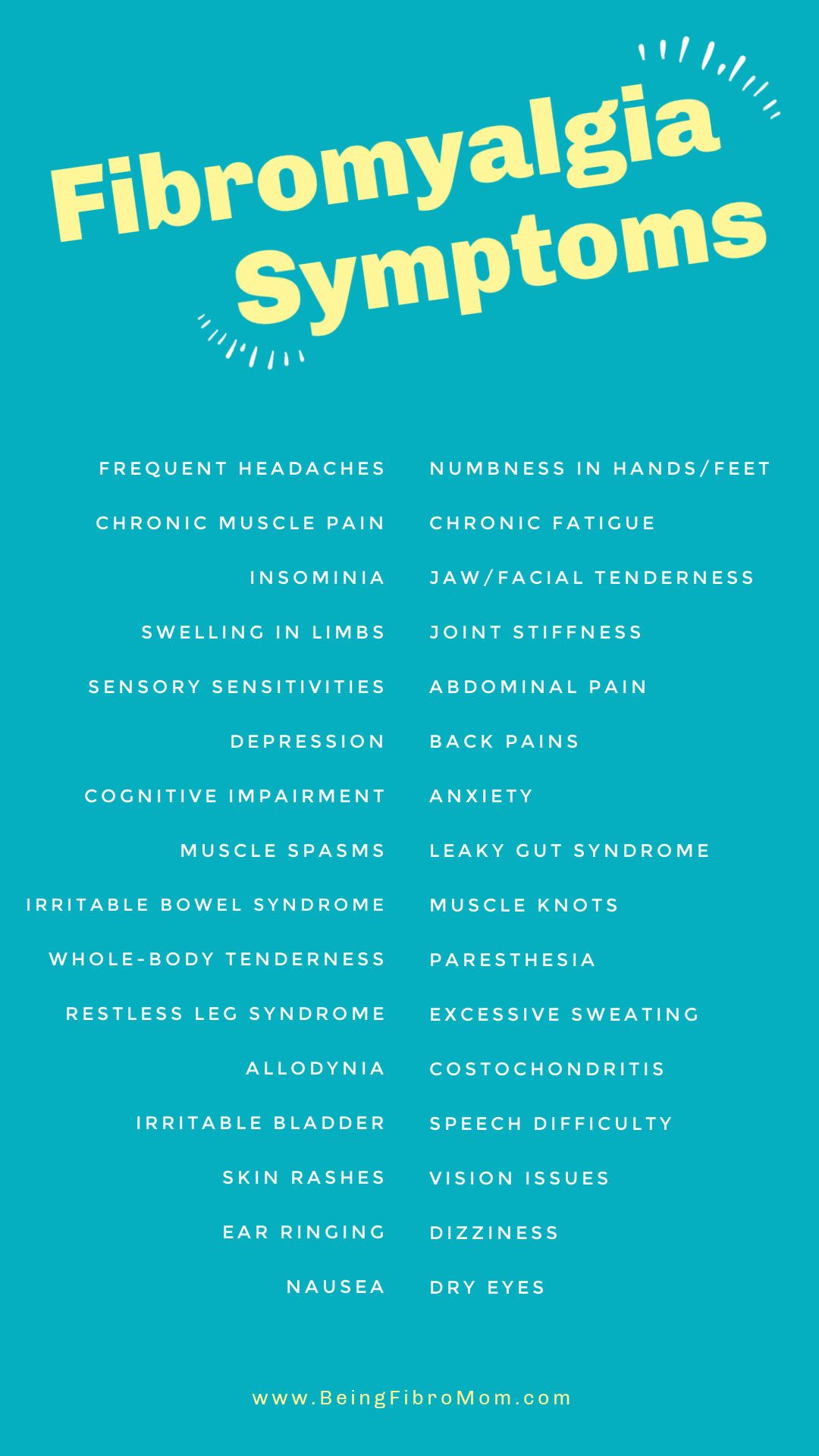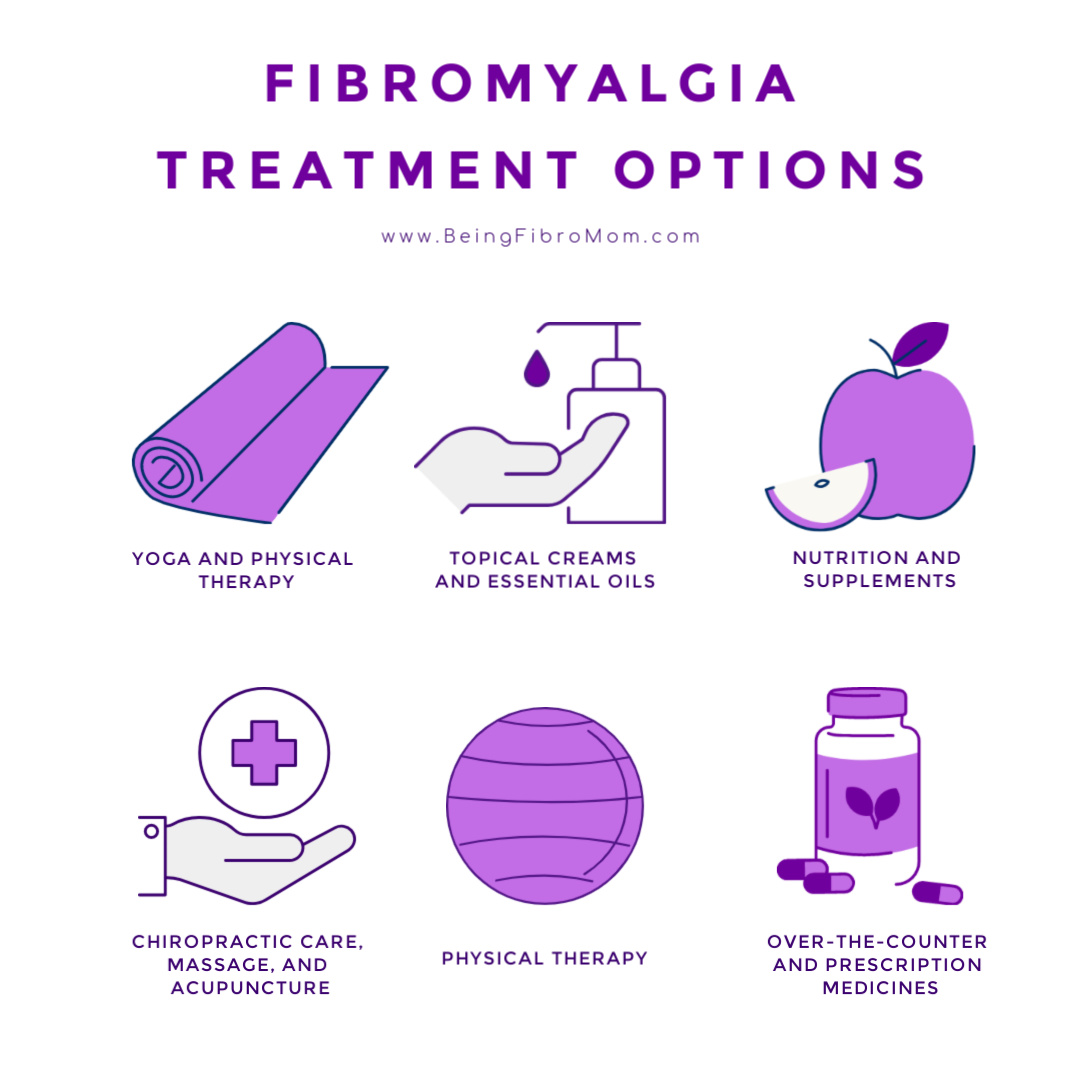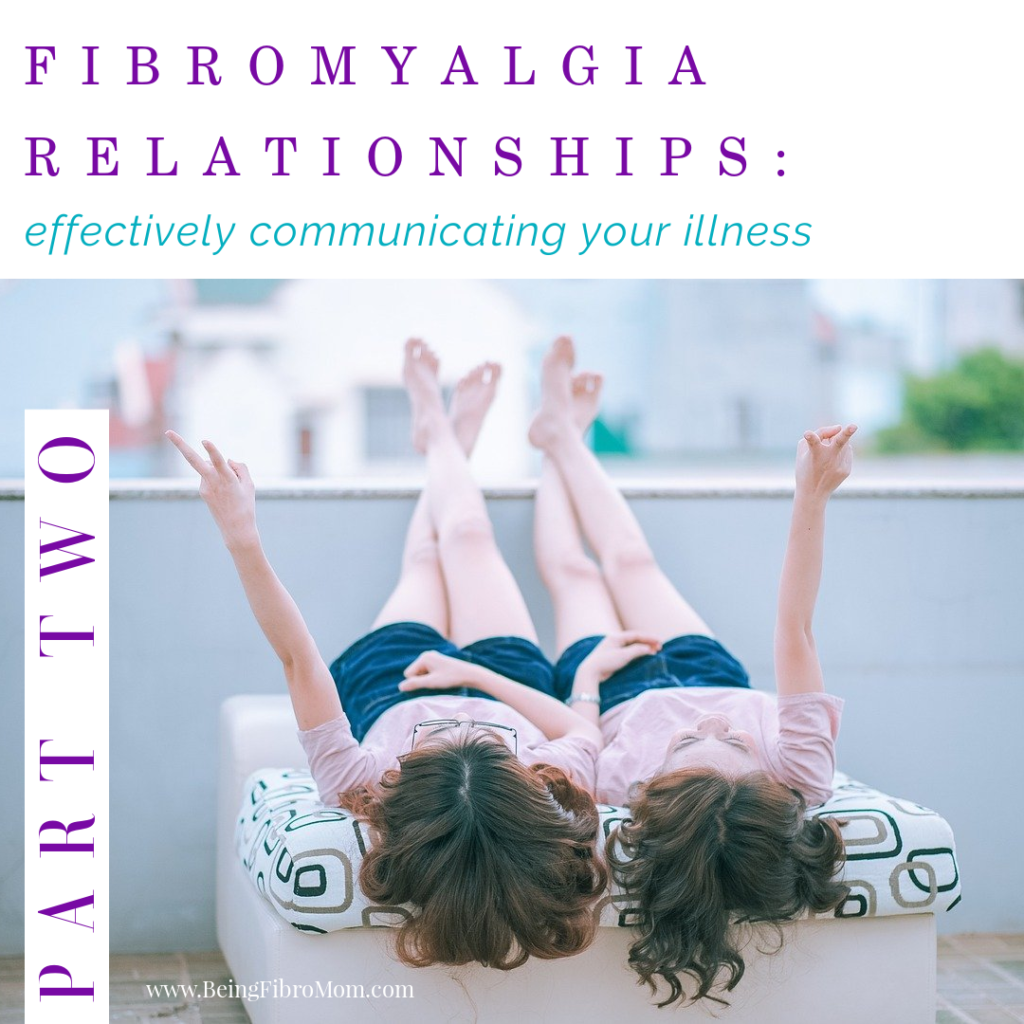Fibromyalgia affects the entire body from head to toe and manifests in various ways. These manifestations range from something simple, like a headache, to more complex issues like sensory sensitivities. And the never-ending question seems to be, “What are the fibromyalgia symptoms?” There is no confirmed list, but here is a place to start with fibromyalgia symptoms.
What are the fibromyalgia symptoms?
There are many symptoms of fibromyalgia, and these symptoms can vary from person to person. Some of the main symptoms experienced by a majority of people living with fibromyalgia are listed here (but these are not all).
lasting muscle pain and/or muscle spasms
stiffness upon waking or staying in one position too long
difficulty remembering or concentrating, known as ‘fibro fog’
abdominal pain including IBS, bloating, nausea, leaky gut syndrome
frequent headaches
jaw/facial tenderness
anxiety or depression
numbness or tingling in the extremities, such as the feet, hands
increase in urinary frequency
reduced tolerance for exercise and increased muscle pain after exercise
swelling in hands and feet without actual swelling
In other words, we feel muscle pain all over, can’t sleep, are exhausted much of the day, are irritable, have frequent headaches, and spend most days with some stomach issues. It’s a flare when one or more symptoms feel more intense or frequent. Read more about fibromyalgia flares.

Are there ways to relieve the symptoms?
There is no ‘cure’ for fibromyalgia, but there are various ways to alleviate the symptoms and make the pain much more manageable.


How Do You Talk to Others About Fibromyalgia?
If you have decided to tell others about your illness, you may feel confused as to what to say or how to say it. You may not know how to tell the other person how they can help you and be supportive in a not pitiful, guilt-ridden, less than, or upsetting way. Here’s how to tell others, how much to say to others, and how others can help in this Fibromyalgia Magazine article, Fibromyalgia, and Relationships Part Two: Effectively Communicating Your Illness.
What Your Kids Should Know
No matter how young they are, your kids need to know about your illness and how they can help you with it, too. Here is what your kids need to know about your fibromyalgia and how they can help.


Pingback: How to Discuss Fibromyalgia with Your Employer: Being Fibro Mom